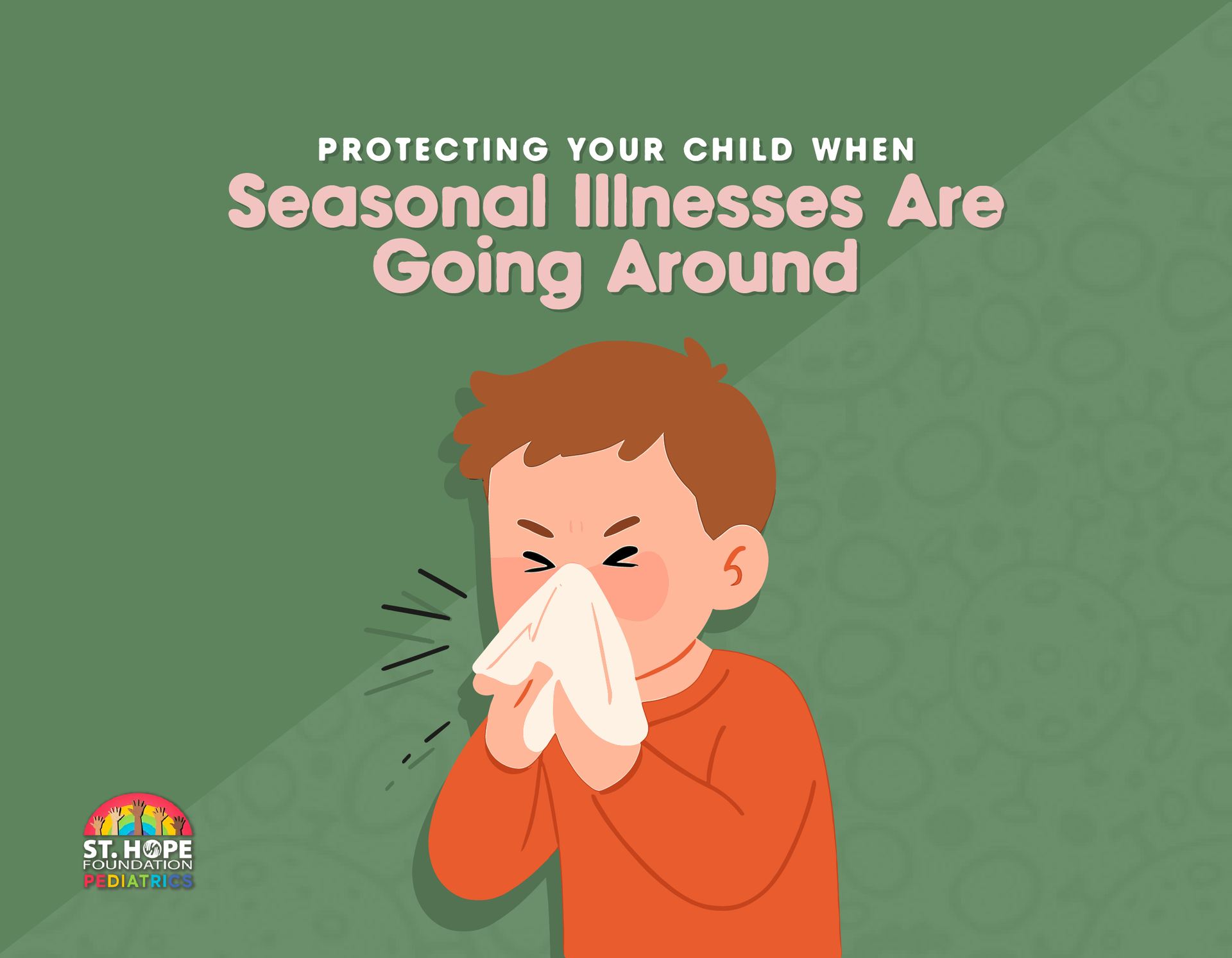
Every parent wants their child to grow up strong, healthy and ready to take on life’s adventures. One of the best ways to support your child’s well-being is through nutrition. The foods your child eats play a major role in building a resilient immune system, helping them fight off everyday colds, flu and other infections more effectively.
While no single food can prevent illness, a balanced diet rich in vitamins, minerals and antioxidants helps strengthen your child’s natural defenses.
Fruits Rich in Vitamin C
Vitamin C is often the first nutrient parents think of when it comes to immune health. It helps stimulate the production of white blood cells, which are vital in fighting infections.
- Citrus fruits: Oranges, tangerines and clementines make easy lunchbox options, while grapefruit is better enjoyed sliced at home.
- Strawberries and kiwi: Both are surprisingly high in vitamin C and loved by kids.
- Papaya: Another fun option that can be blended into smoothies.
Thankfully, selling kids on fruit is usually easier than getting them to eat vegetables. The natural sweetness of Vitamin C-rich fruits makes them one of the best tools for bolstering your child’s immune health.
Leafy Greens
Dark leafy greens are full of vitamins A, C and K, plus folate and iron, all important for immune function and overall growth.
- Spinach: Packed with antioxidants and beta carotene, spinach supports infection-fighting abilities.
- Kale: A nutrient-dense option that can be blended into smoothies or baked into chips for a crunchy snack.
If your child isn’t keen on greens, try sneaking them into pasta sauces, quesadillas or fruit smoothies.
Yogurt and Other Probiotics
A healthy immune system starts in the gut, where trillions of bacteria help regulate immune response. Probiotics, or “good” bacteria, are especially important for children.
- Yogurt: Choose varieties with live and active cultures, and opt for plain yogurt to limit added sugar.
- Kefir: A drinkable, tangy dairy option that kids may enjoy in smoothies.
- Fermented foods: Sauerkraut, miso or pickles (in moderation) can also contribute gut-friendly bacteria.
Pair yogurt with fresh fruit and a drizzle of honey (for children over age 1) to make a kid-approved snack.
Protein-Packed Foods
Protein is essential for growth, repair and maintaining strong immunity. It helps the body build antibodies that fight off infection.
- Lean meats: Chicken, turkey and lean cuts of beef provide protein and zinc, a mineral important for immune defense.
- Eggs: A versatile option, rich in protein and vitamin D.
- Plant-based sources: Beans, lentils, tofu and quinoa are great for vegetarian or allergy-sensitive households.
Try to prepare a mix of animal and plant-based proteins for balanced nutrition.
Nuts and Seeds
Nuts and seeds are full of vitamin E, which acts as an antioxidant that protects cells from damage. They also provide healthy fats and protein.
- Almonds: A handful of almonds makes a great after-school snack.
- Sunflower seeds: Easy to sprinkle on salads, yogurt or oatmeal.
- Chia and flax seeds: Can be blended into smoothies or baked into muffins.
For younger kids, opt for nut butters or ground seeds to reduce choking risk.
Colorful Vegetables
Vegetables like carrots, sweet potatoes, and bell peppers are packed with beta carotene, which the body converts into vitamin A. Vitamin A helps maintain healthy skin and tissues, which is the body’s first line of defense against germs.
- Carrots: Crunchy, sweet and easy to pack for snacks or lunches.
- Sweet potatoes: Naturally sweet and packed with nutrients, they make a kid-friendly side dish.
- Red bell peppers: Surprisingly higher in vitamin C than oranges.
Encourage your child to “eat the rainbow” by including different colored vegetables throughout the week.
Whole Grains
Whole grains provide essential B vitamins and fiber that help maintain a healthy digestive system. A well-functioning gut supports better immunity and overall wellness.
- Oatmeal: A hearty breakfast option that can be topped with fruit and seeds.
- Brown rice and quinoa: Nutritious bases for stir-fries or grain bowls.
- Whole wheat bread or pasta: Easy swaps that increase nutrient intake.
Healthy Hydration
Don’t forget about fluids. Water is essential for carrying nutrients to cells and flushing out toxins. Herbal teas, broths and milk can also help keep kids hydrated and nourished. Limit sugary drinks, as excess sugar may suppress immune function.
When to Seek Help
Even with the best nutrition, children may still catch colds or develop allergies, asthma or frequent infections. It’s important to seek medical advice if your child:
- Has recurring or unusually severe infections
- Develops rashes or skin issues along with immune concerns
- Is often tired despite good rest and nutrition
- Shows signs of food allergies that may limit their diet
Your pediatrician can help determine whether nutritional changes, supplements or further medical evaluation are necessary.
The good news about nutrition is that there are many different sources for vitamins, minerals, healthy fats and antioxidants. If your child is a picky eater or has food allergies, you may just need to get creative and broaden your shopping and food preparation options.
Our Houston Pediatric Team Can Diagnose Immune Challenges and Provide Advice on Nutrition
At St. Hope Pediatrics, we understand how important it is to keep kids healthy from the inside out. Our team guides nutrition, growth and immune support tailored to your child’s needs. If you have concerns about your child’s immunity, frequent infections or food allergies, we’re here to help.
Call us at (713) 778-1300 to schedule an appointment.













